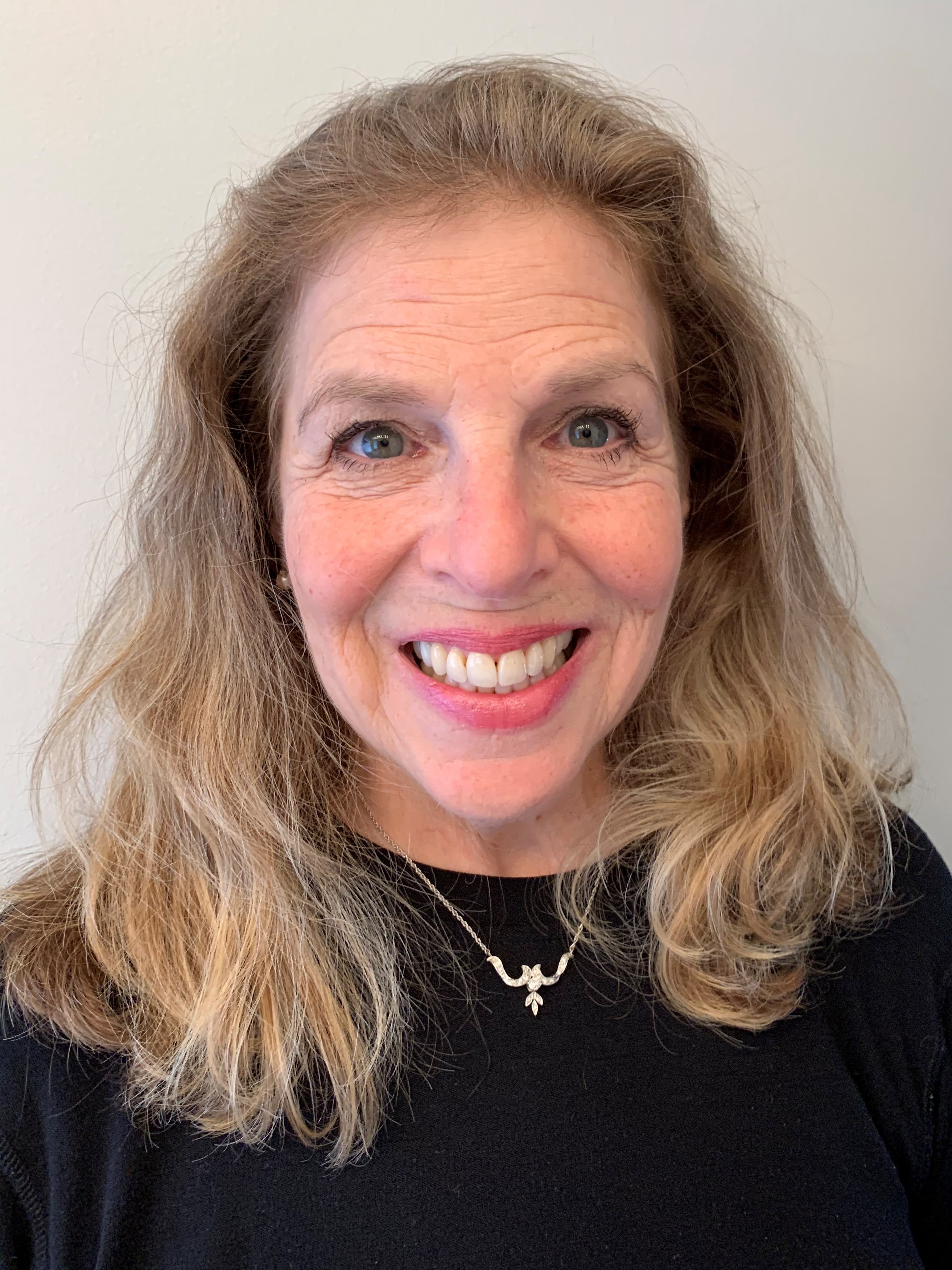%20(1%20%c3%97%201%20in).png)
This week’s Torah portion, Parashat R’eih: “See” (This Day I Set Before You Blessing and Curse) (Deuteronomy 11:26-16:17), introduces us to the laws and rules that the Israelites are to observe once they enter the Promised Land. These laws spell out the terms of the covenant made with God. If obeyed, blessings will follow, but if the laws and rules are disobeyed, curses will be one’s lot. R’eih includes rules about many aspects of life, including the consumption of meat, dietary laws, avoidance of other peoples’ worship practices, warnings against false prophets, tithing, remission of debts, caring for those less fortunate, and laws regarding pilgrimage festivals.
Another rule listed in R’eih is the demand for the centralization of sacrifice in God’s Chosen Place. To worship in one select location expresses one of Deuteronomy’s distinctive features: establishing the legitimacy of only one central shrine (which scholars refer to as Deuteronomy’s “centralization of the cult.” (The Torah: A Women’s Commentary). The Torah portion states, “Do not worship your God in like manner but look only to the site that your God will choose amidst all your tribes as God’s habitation, to establish the divine name there. There you are to go, and there you are to bring your burnt offerings and other sacrifices, your tithes and contributions, your votive and freewill offerings, and the firstlings of your herds and flocks. Together with your households, you shall feast there before your God, happy in all the undertakings in which your God has blessed you.” (Deuteronomy 12:4-7)
God’s instruction for Israel to meet in a central location to worship and gather together provided Israel meaning and a shared sense of purpose. But, where was this central location to be? According to The Torah: A Women’s Commentary, Deuteronomy does not mention either Jerusalem or the Holy Temple by name. Jerusalem was not Israelite, and the Temple was not yet built during the time of Moses in which Deuteronomy is set. Eventually, the Temple was built in Jerusalem, and until the Second Temple’s destruction in 70 CE, it was the hub of Jewish activity: from sacrificial offerings to being the administrative center of Jewish life and a place of joyful worship.
Fast forward a couple of millennia: with the destruction of the Temple and the ensuing diaspora, Jews no longer had a “central place.” Rather, they had a variety of physical and virtual locations to engage in Jewish life. If I asked you the question, is it important for you to have a Jewish central place to gather? What would you say? And why? Can you imagine when God was handing down all these laws to Moses, how difficult it must have been for Israel to suddenly change behaviors on a dime? I think God “knew” that for Israel to follow all these laws and thus receive blessings, Israel would need a central place to assemble and be able to connect to each other. Maybe to commiserate, to complain, to experience community and purpose, to worship, to share in life cycle moments, and to rejoice together. The Temple back then and the synagogue today serve to bring us together and to belong to each other. A shul is a place where we seek connection in times of joy and in times of need. Remember Abraham Maslow and Psychology 101? The need for belonging is just above our most urgent human physiological needs to stay and be alive. Belonging is as important to our well-being as air, food, water, safety, and shelter.
Our belonging and being able to engage with our synagogue communities have been greatly impacted during the past 30 months. Throughout the pandemic, our clergy, synagogue staff members, and lay leaders worked tirelessly to create for us virtual synagogue experiences. Our central location became our Zoom squares on our computer screens. Or, if we were lucky enough to live in warm climates, temple parking lots spaced 6 feet apart, wearing face masks! Thankfully, we have gone from being isolated and apart from our synagogue communities to now treading carefully as we re-enter and regain our footing in an environment that still carries some risks and makes us intently aware of our safety and security.
The pandemic has offered us an opportunity “to see” (R’eih) more clearly what our blessings are. These past two and a half years have given us a moment to pause and consider what is truly important in our lives. How many simple pleasures are no longer taken for granted? Personally, I am starting to resume activities I had put on hold - like attending Shabbat services, sitting in the sanctuary, listening to the music, and smiling (yes, you can see a smile even with a mask on). I shared with my community recently no less than four simchas: a 90th birthday, two baby namings, and an Aufruf. All of which was followed by the most beautiful collective singing of Shehecheyanu. These blessings will never be taken for granted again. My synagogue is the central meeting place where I get to practice and live my Judaism with my temple community. To belong and to be connected to something very powerful and to belong to others gives me great meaning and fulfillment. My central meeting place, my synagogue, is forever a blessing.
Related Posts

Parashat Yom Rishon shel Rosh HaShanah

Cultivating a Culture of Accountability and Belonging


